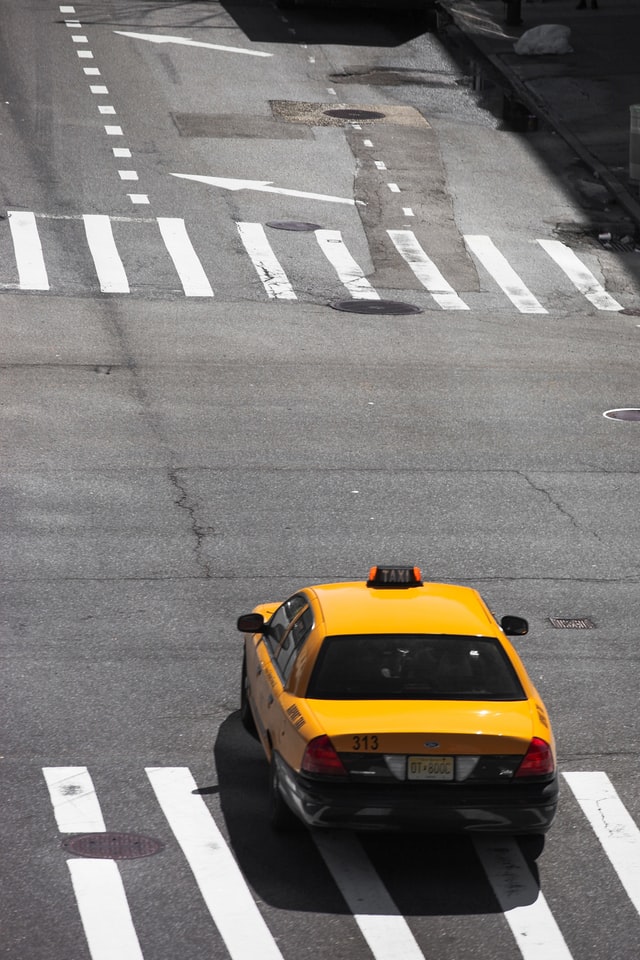Scientists from Yale conducted a study of air pollution coming from asphalt. The Guardian reports that the study found that emissions from asphalt doubled when temperatures went from 104F (40C) to 140F (60C), which are typical road temperatures during the summer. Emissions went up even higher at temperatures used for storing asphalt or paving roads. In many areas, roads are paved or repaved during hot summer months.
The study found that sunlight (solar energy) also increased air pollution coming from asphalt. The researchers also found air pollution coming from asphalt roof shingles and other asphalt based roofing material.
The types of air pollution were volatile organic compounds and semivolatile organic compounds. These compounds are precursors to both ozone and fine particulates (PM2.5).
Urban areas are often 45% paved surfaces and 20% roofs. And because of environmental racism, including the continuing effects of redlining, communities of color have more paved surfaces and less tree cover. This is another way environmental racism impacts blacks and other people of color. (Read our blog about how redlining still effects communities of color.)
This shows we have more work to do to make transportation more environmentally friendly, and more work to do to address environmental racism.
Read the news report in the Guardian here.
Read the scientific article in Science Advances here.
Read our series on environmental racism in the Southeast: Alabama, Florida, Georgia, North Carolina, and South Carolina.
Photo credit: Victor Lazarov/Unsplash
09/04/2020





